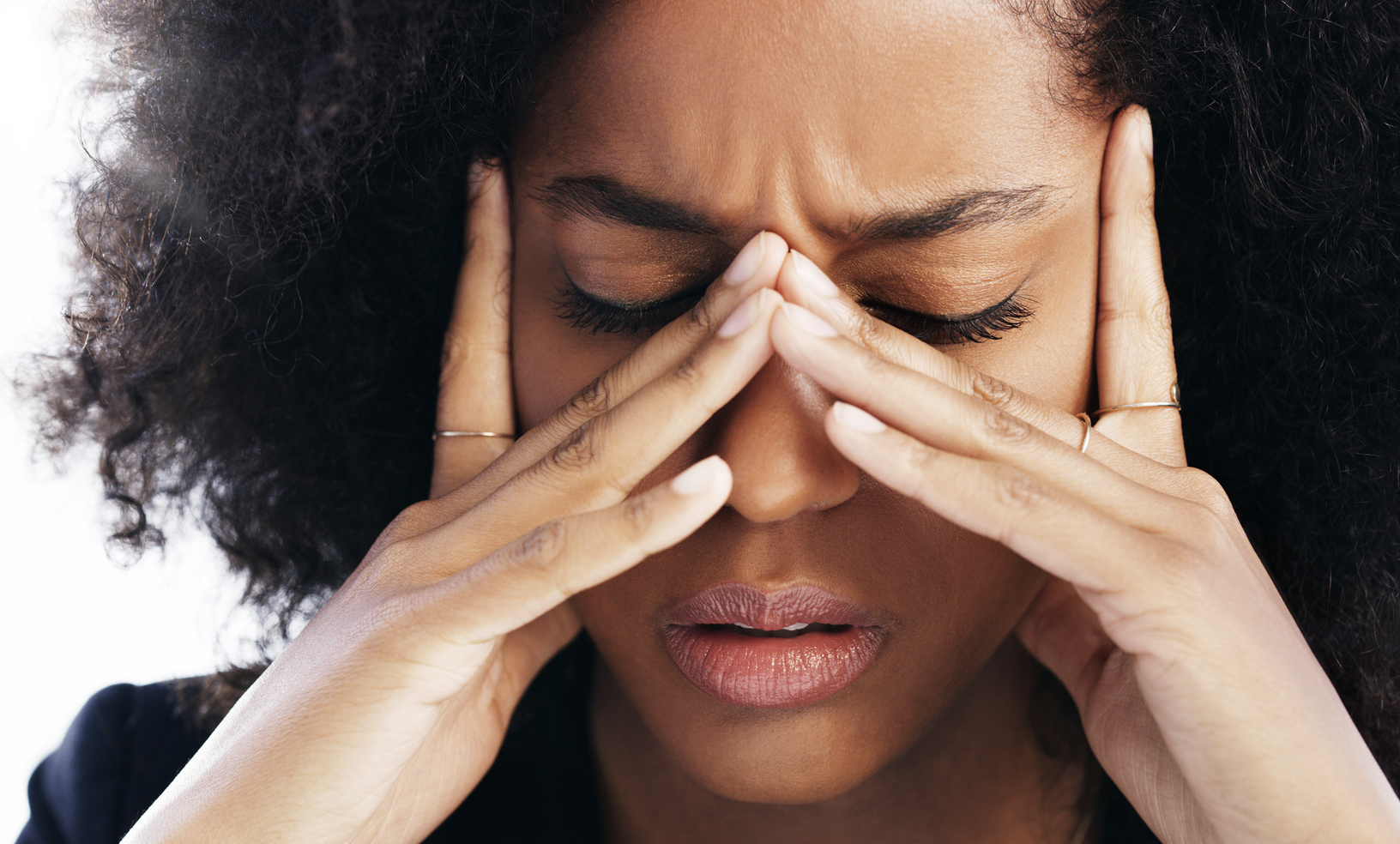
Anxiety is a normal and natural response to stress, but when it becomes excessive and interferes with daily life, it can be classified as undue anxiety. Undue anxiety, also known as a generalized anxiety disorder (GAD), is characterized by persistent and excessive worry and fear about a variety of topics and situations. It can manifest as physical symptoms like muscle tension, difficulty concentrating, and difficulty sleeping, as well as psychological symptoms like irritability, difficulty making decisions, and a lack of energy.
There are many potential causes of undue anxiety, and it is often a combination of various factors that contribute to the development of the disorder. In this article, we will explore some of the common causes of undue anxiety, including genetics, life events, and psychological factors.
- Genetics and undue anxiety
- Life events and undue anxiety
- Psychological factors and undue anxiety
- Seeking help for undue anxiety
- Conclusion: Understanding the causes of undue anxiety
Genetics and undue anxiety
There is evidence to suggest that undue anxiety may have a genetic component. Studies have found that individuals with a family history of anxiety disorders are more likely to develop an anxiety disorder themselves. While genetics may increase the risk of developing an anxiety disorder, it is not the sole cause. Environmental and psychological factors also play a role in the development of undue anxiety.
Life events and undue anxiety
Certain life events and experiences, such as trauma, abuse, loss, and stress, can contribute to the development of undue anxiety. For example, an individual who has experienced a traumatic event, such as a natural disaster or a car accident, may develop undue anxiety as a result of the trauma. Similarly, individuals who have experienced abuse or neglect may be more at risk of developing an anxiety disorder.
Psychological factors and undue anxiety
There are also psychological factors that may contribute to the development of undue anxiety. For example, individuals who have negative thinking patterns or low self-esteem may be more at risk of developing undue anxiety. Similarly, those who struggle with perfectionism or have difficulty managing stress may be more prone to undue anxiety.
Seeking help for undue anxiety
If you are experiencing undue anxiety that is interfering with your daily life, it is important to seek help. There are many effective treatments for undue anxiety, including therapy, medication, and self-help techniques. A mental health professional, such as a psychologist or a psychiatric nurse practitioner, can help you to identify the causes of your undue anxiety and develop a treatment plan to manage it.
Coping with undue anxiety
Managing undue anxiety can be a challenging process, but there are many strategies and techniques that can help individuals to cope with their anxiety and improve their quality of life. Some common coping strategies include:
Practice relaxation techniques: Relaxation techniques, such as deep breathing, meditation, and progressive muscle relaxation, can help to reduce physical symptoms of anxiety, such as muscle tension and rapid breathing.
Exercise regularly: Regular physical activity has been shown to be effective for reducing anxiety and improving overall mental health. Aim for at least 30 minutes of moderate-intensity exercise, such as brisk walking or cycling, on most days of the week.
Get enough sleep: Lack of sleep can contribute to anxiety and other mental health issues. Aim for 7-9 hours of sleep per night and create a relaxing bedtime routine to help you wind down before sleep.
Eat a healthy diet: A healthy diet can support overall mental health and well-being. Aim to eat a variety of fruits, vegetables, and whole grains, and limit your intake of sugar, caffeine, and alcohol.
Seek support: It can be helpful to talk to a trusted friend or family member about your anxiety and seek support from others. You can also consider joining a support group or seeking the help of a mental health professional, such as a therapist or counselor.
Challenge negative thinking: Negative thinking patterns can contribute to anxiety. Try to identify and challenge negative thoughts and replace them with more realistic and positive thoughts.
By incorporating these coping strategies into your daily routine, you can learn to manage your undue anxiety and improve your quality of life. It is important to remember that managing undue anxiety is a process and it may take time to find the strategies that work best for you. Don’t be afraid to seek help from a mental health professional if you need additional support.
Conclusion: Understanding the causes of undue anxiety
Undue anxiety is a common and treatable disorder that can be caused by a variety of factors, including genetics, life events, and psychological factors. By understanding the causes of undue anxiety, individuals can be better equipped to manage it and improve their quality of life. If you are experiencing undue anxiety, it is important to seek help from a mental health professional to develop a treatment plan that works for you.






